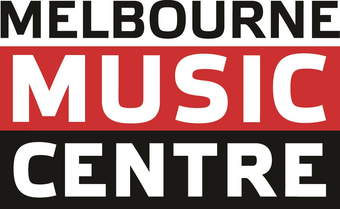Music, with its enchanting melodies and rhythms, has a profound impact on our emotions, thoughts, and overall well-being. Beyond its aesthetic pleasure, music has been a subject of scientific inquiry, revealing fascinating insights into how it affects our brains. In this blog post, we'll embark on a journey through the neurological pathways, exploring the intricate science behind music and its remarkable effects on the human brain.
-
The Brain's Musical Symphony:
- When we listen to music or engage in musical activities, various regions of the brain light up in a symphony of neural activity. The auditory cortex processes sound, while other areas, including the limbic system and prefrontal cortex, contribute to emotional responses and higher cognitive functions.
-
Emotional Resonance:
- Music has the extraordinary ability to evoke emotions. Neuroimaging studies reveal that listening to music activates areas associated with pleasure, reward, and emotional processing, releasing neurotransmitters like dopamine, eliciting feelings of joy, nostalgia, or even sadness.
-
Memory and Music:
- One of music's remarkable powers lies in its capacity to trigger vivid memories. Certain melodies or songs have a profound connection to specific life events, as music can activate memory centers in the brain, offering therapeutic benefits, particularly in individuals with cognitive impairments.
-
Rhythm and Movement:
- The rhythmic elements in music stimulate the motor areas of the brain, encouraging movement and synchronization. This explains why we often tap our feet or move in time with music involuntarily. Rhythmic stimulation also plays a role in therapies aiding motor function rehabilitation.
-
Cognitive Enhancement and Creativity:
- Engaging with music has been linked to improved cognitive abilities, including enhanced memory, attention, and spatial reasoning. Moreover, musicians often display increased creativity, attributed to the brain's enhanced neural connections forged through musical practice.
-
Therapeutic Applications:
- Music therapy harnesses the neurological effects of music to promote healing and well-being. From reducing stress and anxiety to aiding in pain management and improving mood, music's therapeutic benefits are widely acknowledged and used in various healthcare settings.
-
Music as a Universal Language:
- Regardless of cultural or linguistic barriers, music holds a universal appeal. Neuroscientific studies suggest that the brain processes musical elements similarly across different cultures, highlighting music's ability to connect and communicate on a fundamental level.
The science behind music illuminates the intricate ways in which melodies, rhythms, and harmonies impact our brains and emotional states. As we unravel the neurological symphony evoked by music, we gain deeper insights into its therapeutic potential, cognitive benefits, and its remarkable ability to transcend language and culture. Embracing music not only enriches our lives but also unveils the profound interconnectedness between our brains and the harmonies that resonate within us.

